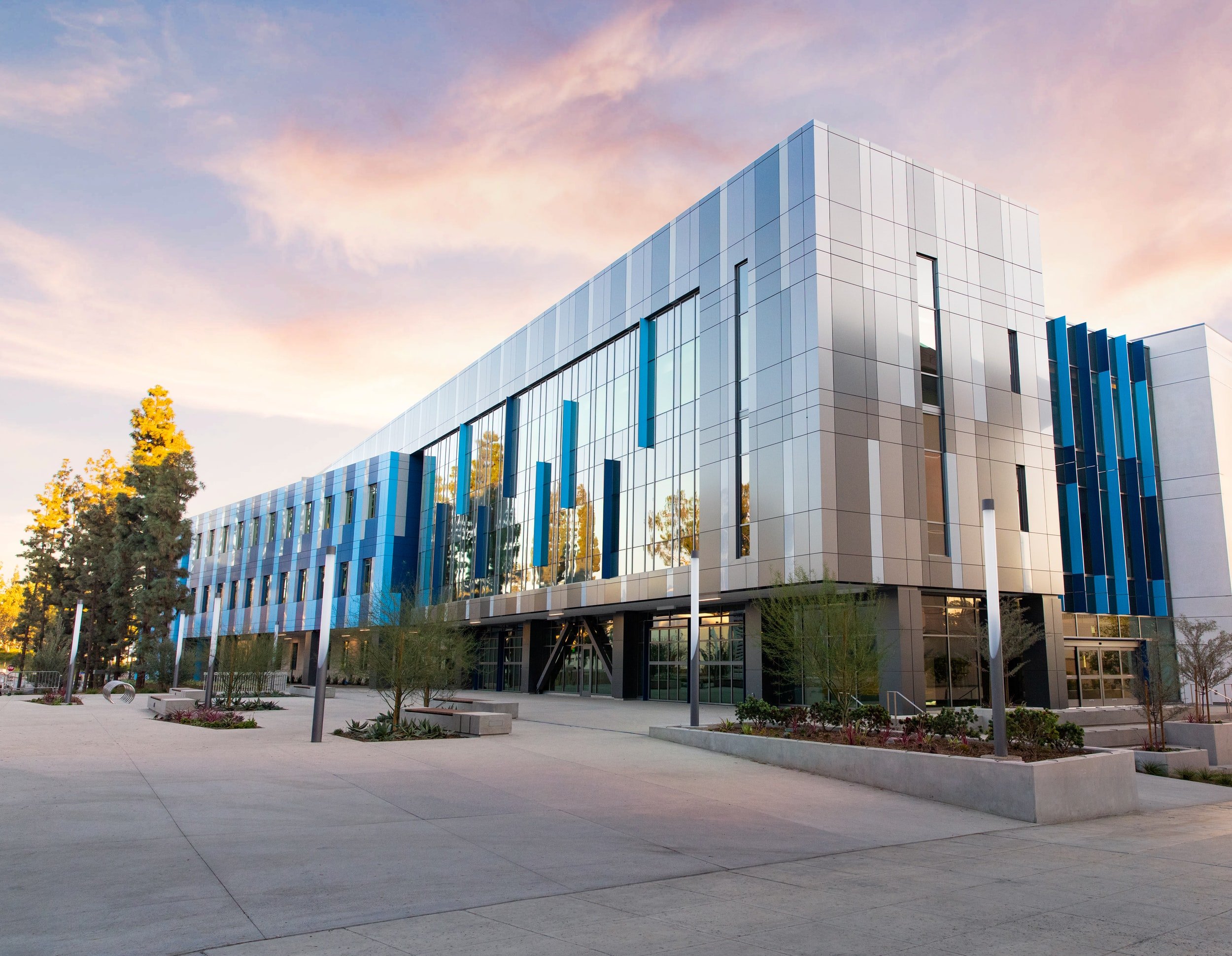Power Reads: 5 Interesting Articles That Will Help You This Week
/Each week, I select a few articles that rise above the fray and hopefully help you on your journey in leadership and the CRE world. They pull from one of four "corners": corporate real estate, technology, management science and anything positive. Each day we can become a better version of ourselves.
1. NYC's Office Leasing Recovery Is Being Fueled With Piles Of Landlord Cash
Owners of the country’s most expensive offices are luring occupiers with massive incentives, with the average cash payments given to Manhattan tenants now double what it was five years ago.
“In 2021, the average cash payments in the borough given to tenants were $154 per SF, The Wall Street Journal reported, citing CBRE data. That is up from an average of $76 in 2016. The incentives, which come in the form of landlords paying build-out costs and tenants’ moving expenses, are pushing rents down — even if it doesn’t show up in the official figures.”
“Face rents have not changed since the pandemic, but that’s not the story,” Savills Vice Chairman Jeffrey Peck told the WSJ. “The story is the fact that landlords are now receiving 20% less than what they had been receiving prior to the pandemic.”
2. Google Is Going All-In on In-Person Work, Which Could Be Great News for Office Investors
The pandemic has dealt a dreadful blow to office REITs, or real estate investment trusts, and the worst may still be yet to come. That's because we're nearing the two-year anniversary of not just the start of the pandemic but also remote work.
“To be clear, remote work was a thing prior to the COVID-19 outbreak, but it wasn’t common. These days, a large chunk of the labor force is working remotely, whether by choice or otherwise. And the fear among real estate investors is that office REITs will lose value if buildings continue to sit vacant for months on end.”
But at a time when so many companies are delaying their office return plans due to the omicron outbreak, Google is actively investing in office real estate. And that alone is a sign that investors shouldn't be too quick to lose hope.
3. Sephora To Expand San Francisco Headquarters in Landmark Pandemic Office Lease
Beauty giant Sephora is injecting a dose of optimism into San Francisco's sagging office market by agreeing to take over all 16 floors of downtown space that technology giant Salesforce had sitting on the sublease market for nearly a year.
4. The Rich Get Richer: Manhattan Sees Record Number Of Office Leases Crack $100/SF
Manhattan’s office market saw a record number of triple-digit rent leases in 2021, more evidence that the flight-to-quality phenomenon is further boosting the fortunes of the owners of new buildings.
“Tenants signed six leases with starting rents of $200 per SF or more in 2021, according to a JLL report, a price point previously seen only a handful of times in the history of New York. The 164 leases signed at $100-plus starting rents were also a New York City record. In 27 of those deals, tenants agreed to pay between $150 and $199 per SF.”
While the 3.4M SF leased at over $100 per SF fell short of the all-time mark, the total represents a 60% increase from 2020, compared to the overall leasing market in the city, which grew 32% year-over-year. Deals over $100 per SF accounted for 19% of all office leasing in Manhattan last year, according to JLL.
5. Corporate America is coming around to remote work. But more big changes lie ahead
Nearly two years after millions of Americans became abruptly acquainted with Zoom, questions about what the post-pandemic office will look like can be answered with a quick look around: It’s already here.
“The case for the functionality of remote work has largely been settled: The wheels of productivity continued to hum on Wall Street and in Silicon Valley and other corporate strongholds even as their sprawling offices lay vacant. Employees stayed home and learned how to live at work. And throughout 2021, profits rolled in.”
Corporate leaders attempting to coax employees back to the office have largely accepted the inevitability of the hybrid work model — a strategy buttressed by the reality of raging coronavirus rates, a tight labor market and the nation’s more than 10 million job openings. Now they are learning to leverage its benefits, according to Adam Galinsky, a professor of leadership and ethics at Columbia Business School in New York. That includes more flexibility and less time commuting for employees, and lower real estate and operating costs for companies.
Your success blesses others. I wish you a great and hugely impactful week!







